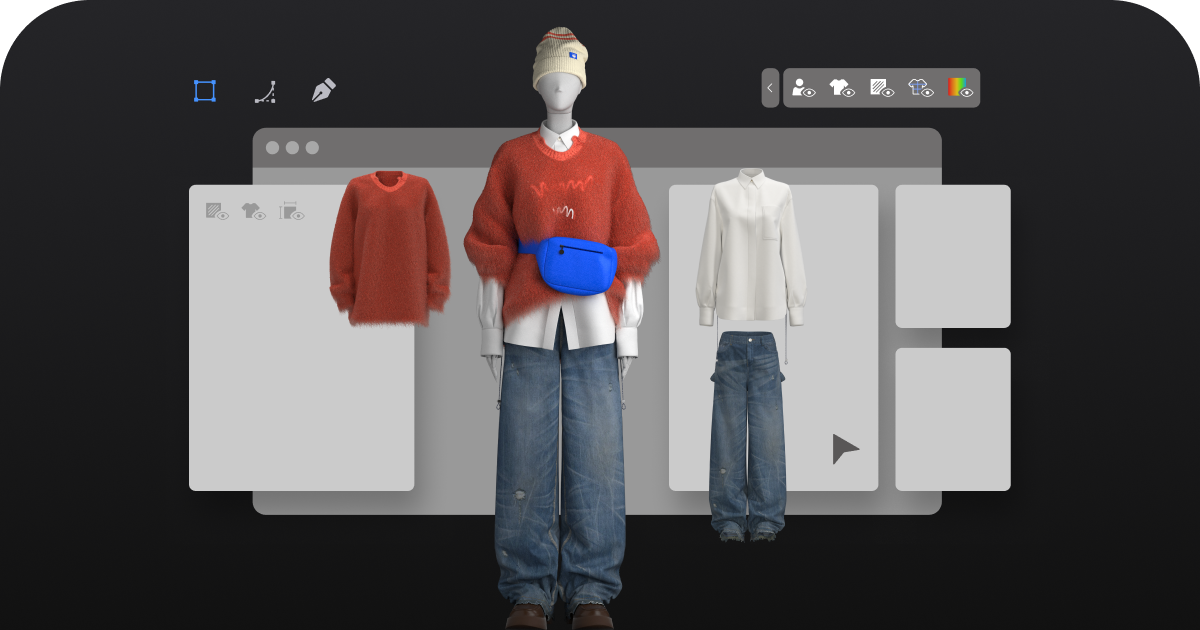
# Fashion Design Software for Modern Creatives
## The Evolution of Fashion Design Tools
Fashion design software has revolutionized the way modern creatives approach their craft. Gone are the days of relying solely on paper sketches and physical prototypes. Today’s designers have access to powerful digital tools that streamline the entire design process, from initial concept to final production.
## Top Fashion Design Software Solutions
### 1. Adobe Illustrator
The industry standard for vector-based fashion illustrations, Adobe Illustrator offers precision tools for creating technical flats, patterns, and detailed garment designs. Its compatibility with other Adobe products makes it a favorite among professionals.
### 2. CLO 3D
This groundbreaking software allows designers to create realistic 3D garment simulations. CLO 3D enables virtual prototyping, reducing the need for physical samples and significantly cutting production costs.
### 3. Browzwear
Specializing in 3D apparel design, Browzwear offers solutions for pattern making, virtual fitting, and fabric simulation. Its realistic rendering capabilities help designers visualize how garments will look and move on actual bodies.
## Benefits of Using Digital Design Tools
Modern fashion design software provides numerous advantages:
– Increased efficiency in the design process
– Better visualization of concepts
– Reduced material waste through digital prototyping
– Easier collaboration with team members
– Faster iteration and modification of designs
## Choosing the Right Software for Your Needs
Keyword: fashion software
When selecting fashion design software, consider your specific requirements:
– For technical drawings: Opt for vector-based programs like Illustrator
– For pattern making: Look for specialized CAD solutions
– For 3D visualization: Choose software with robust simulation capabilities
– For budget-conscious creatives: Explore free or open-source alternatives
## The Future of Fashion Design Technology
Emerging technologies like AI-assisted design and virtual reality are pushing the boundaries of what’s possible in fashion software. These innovations promise to make the design process even more intuitive and accessible to creatives at all levels.